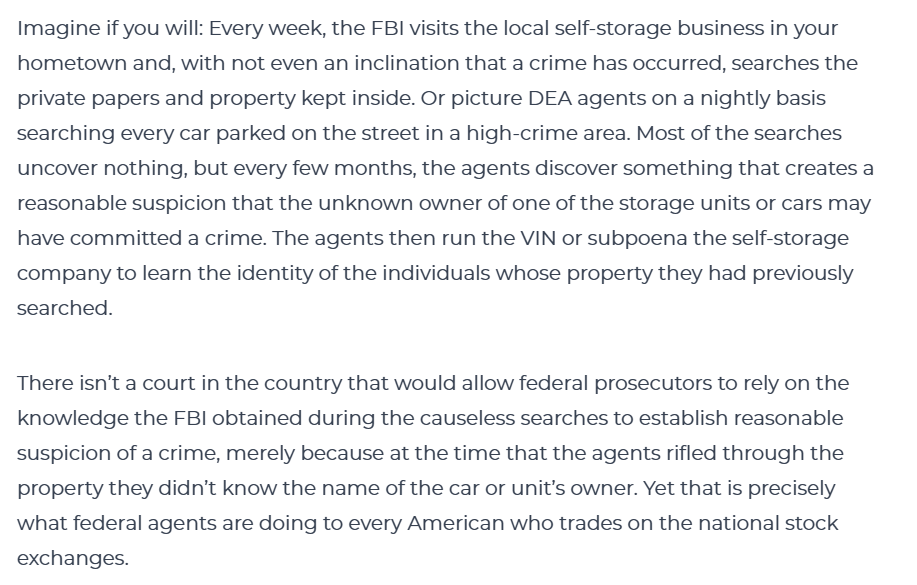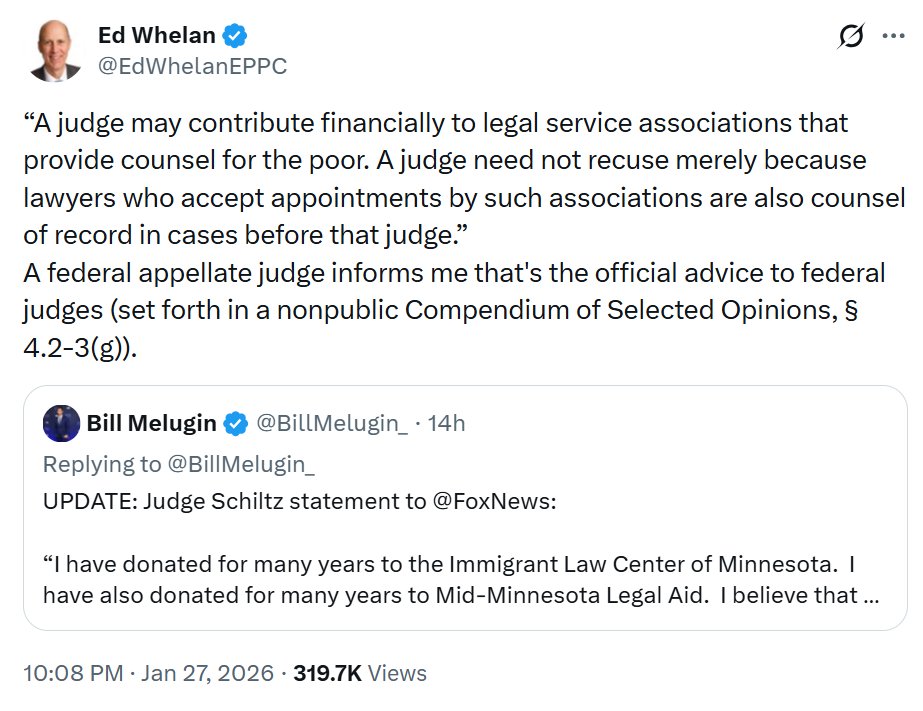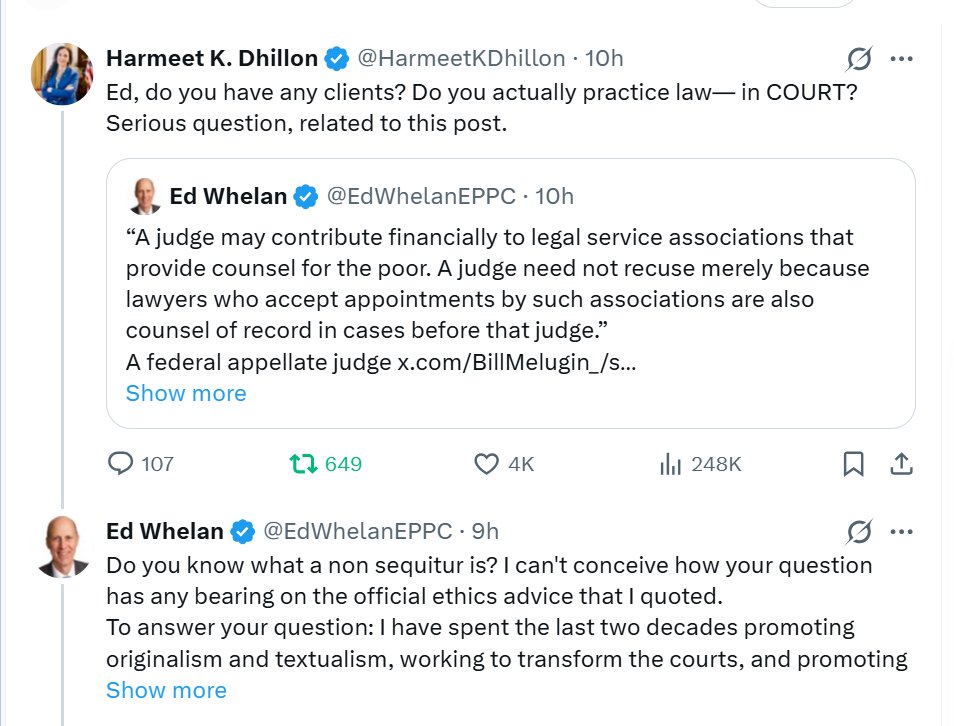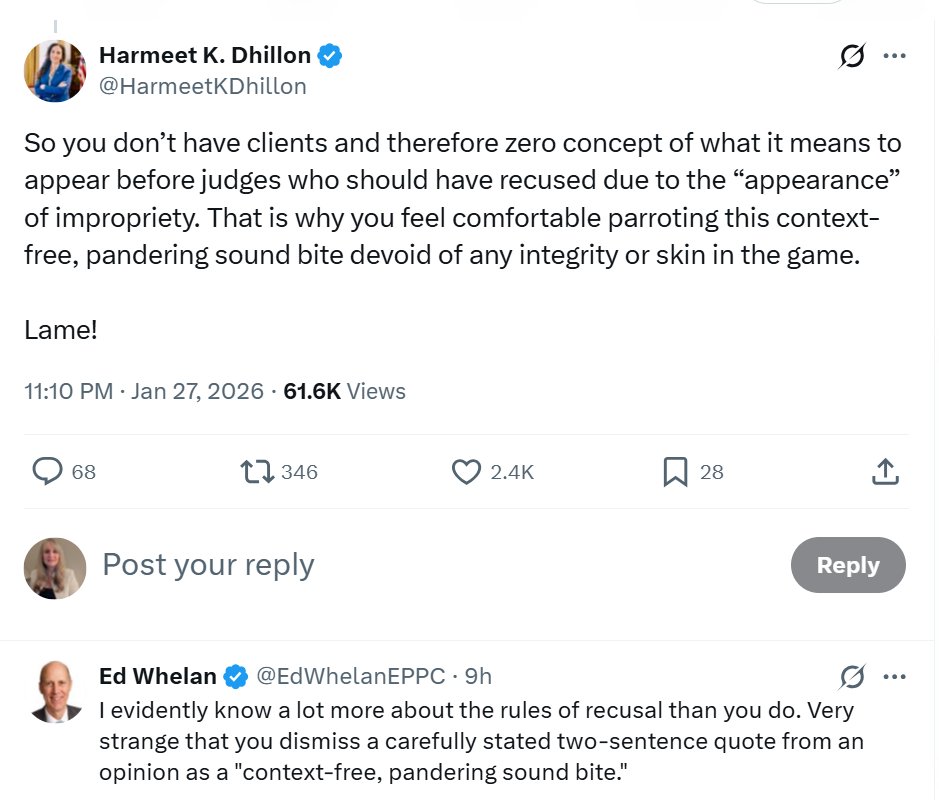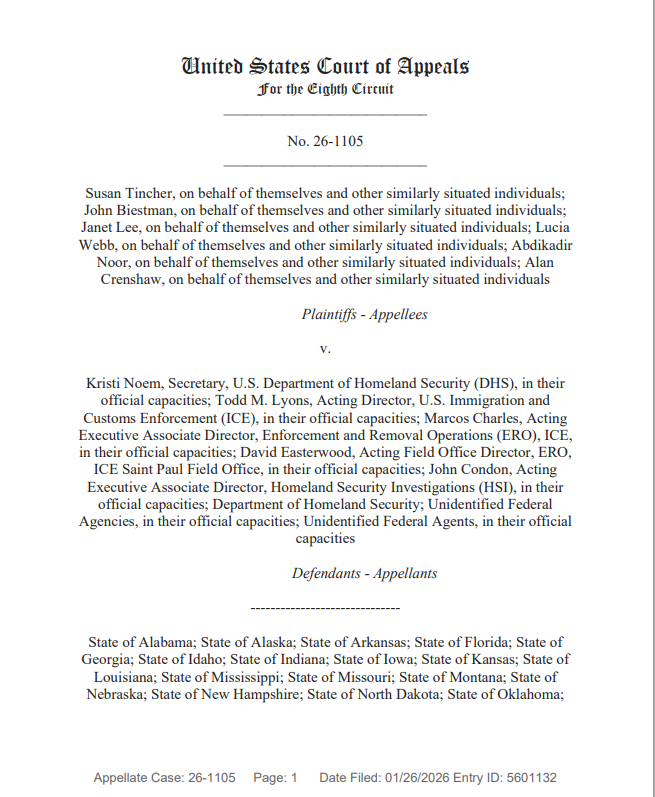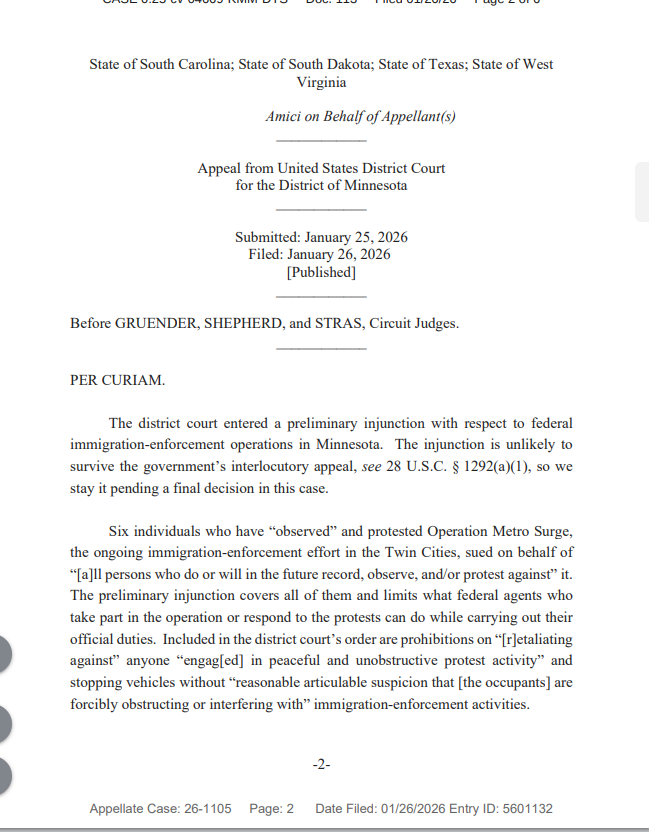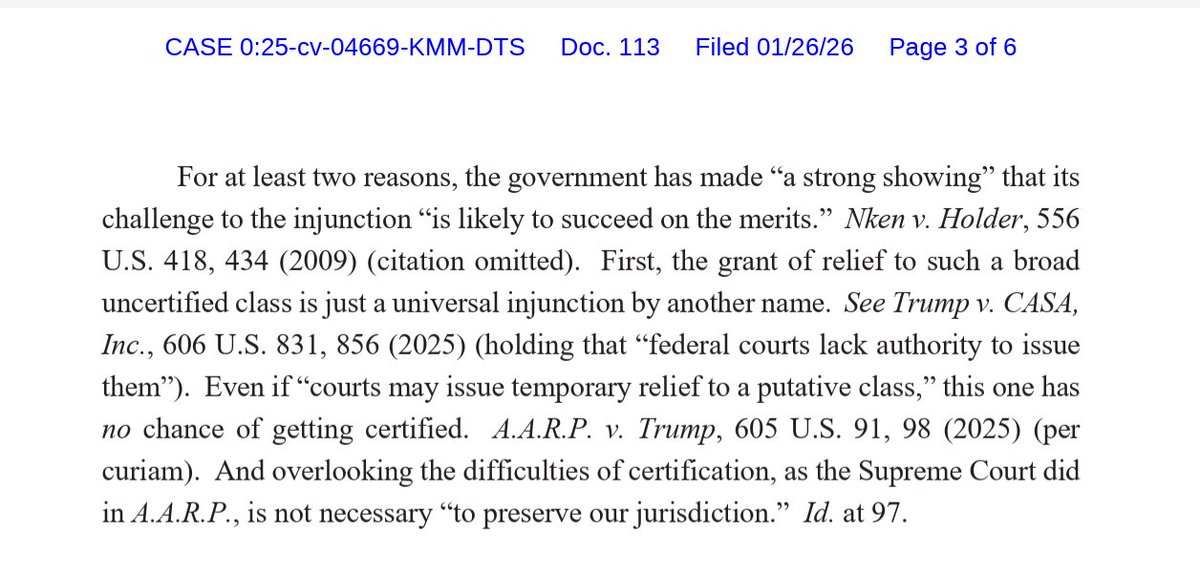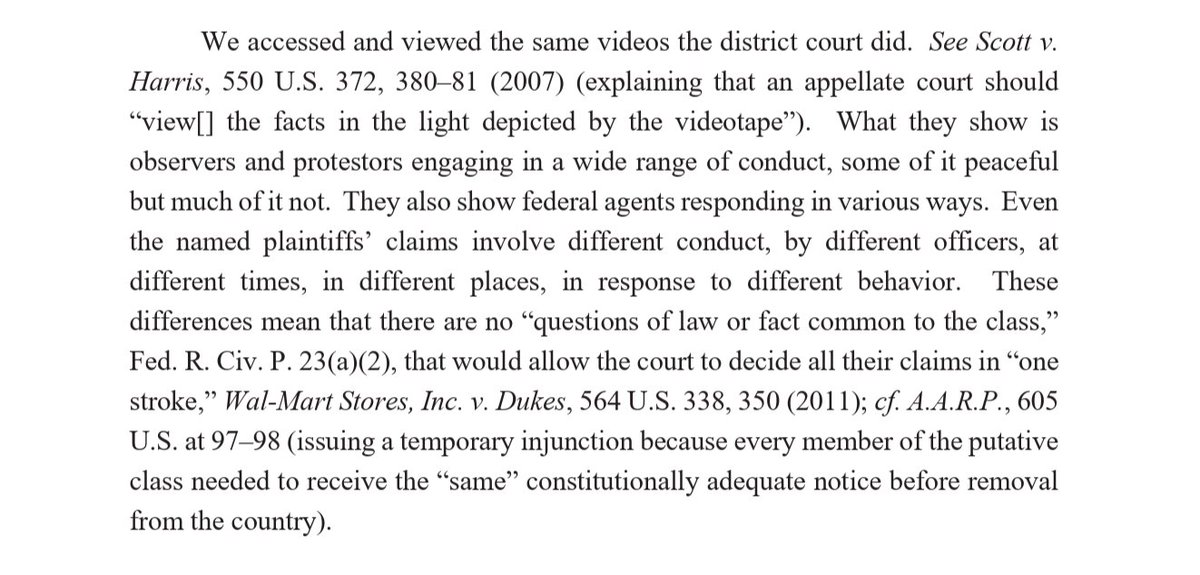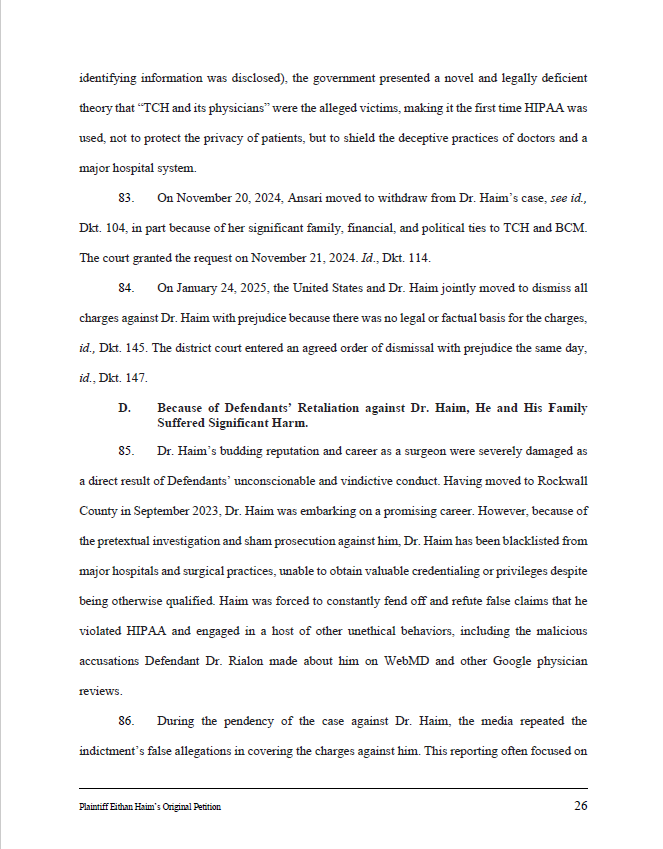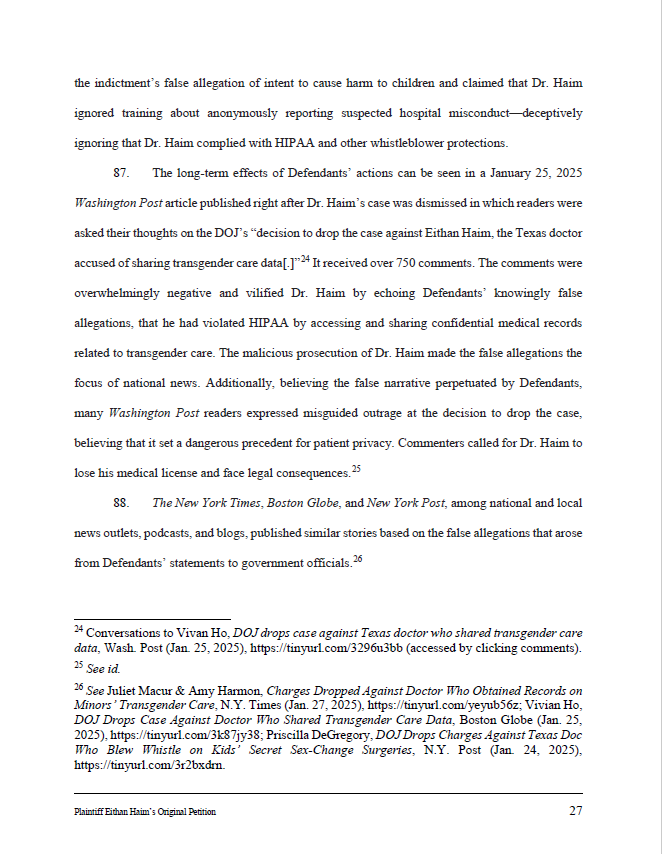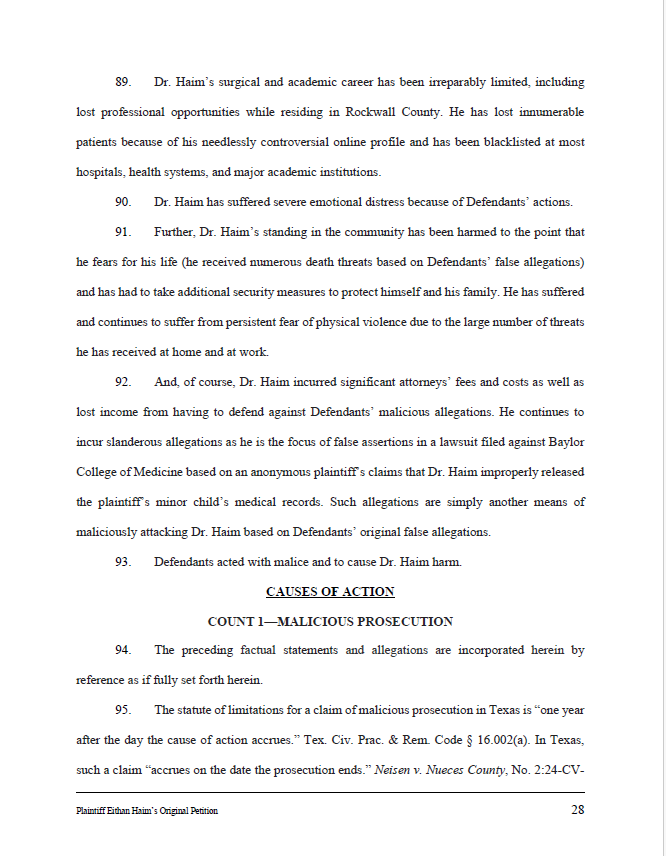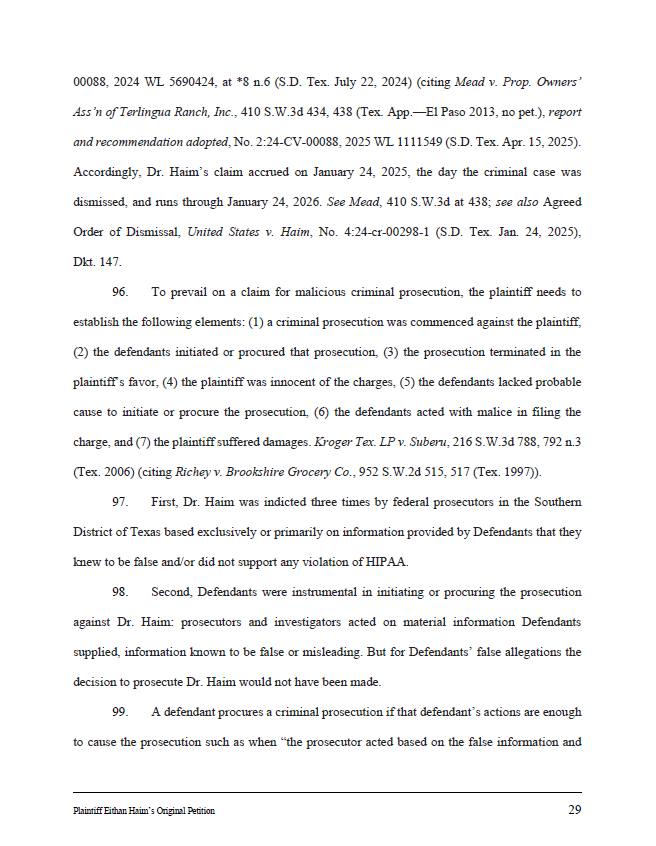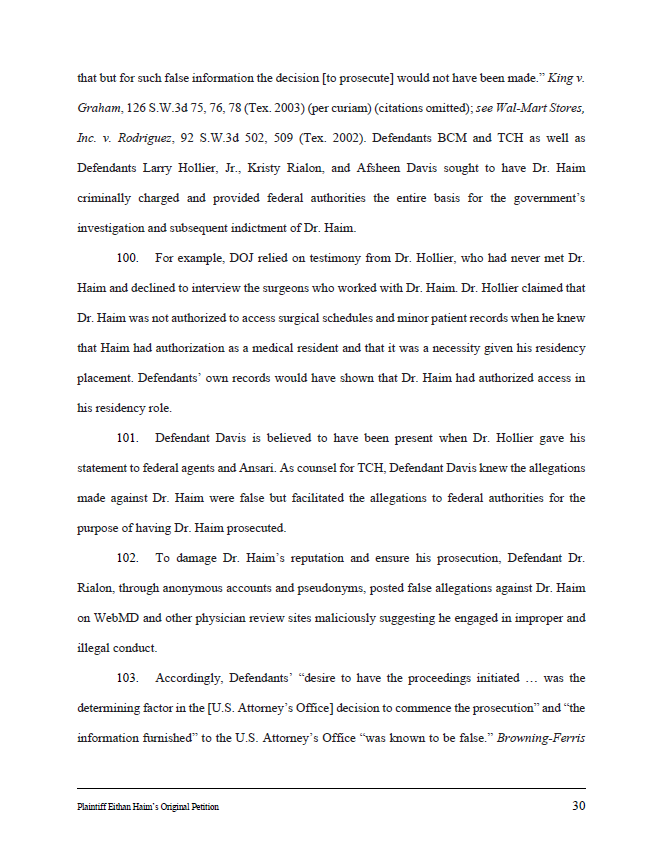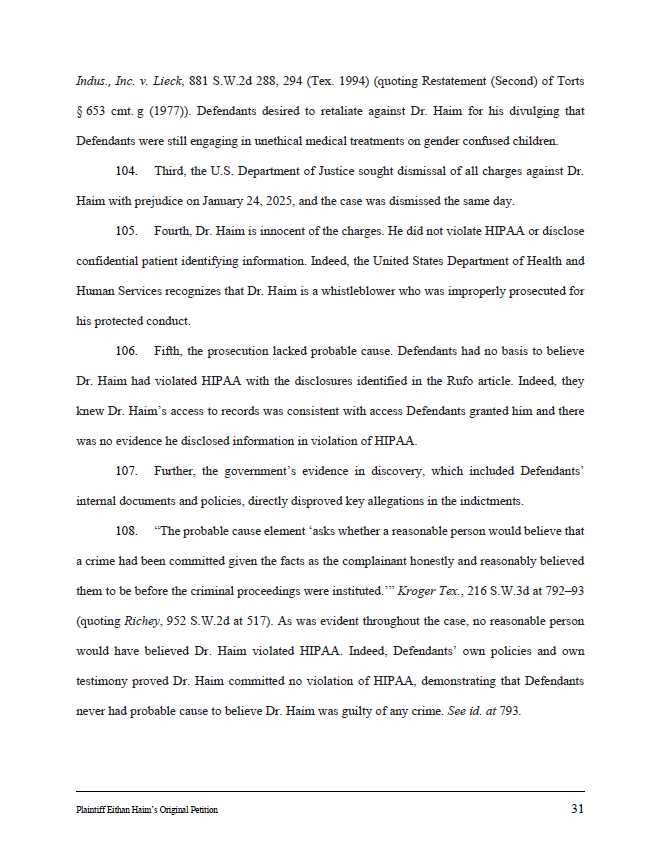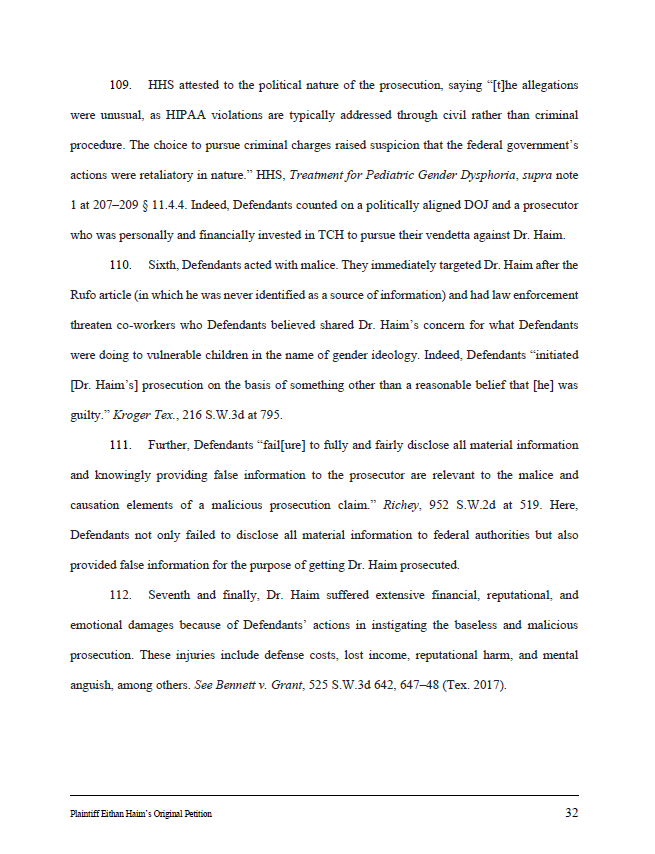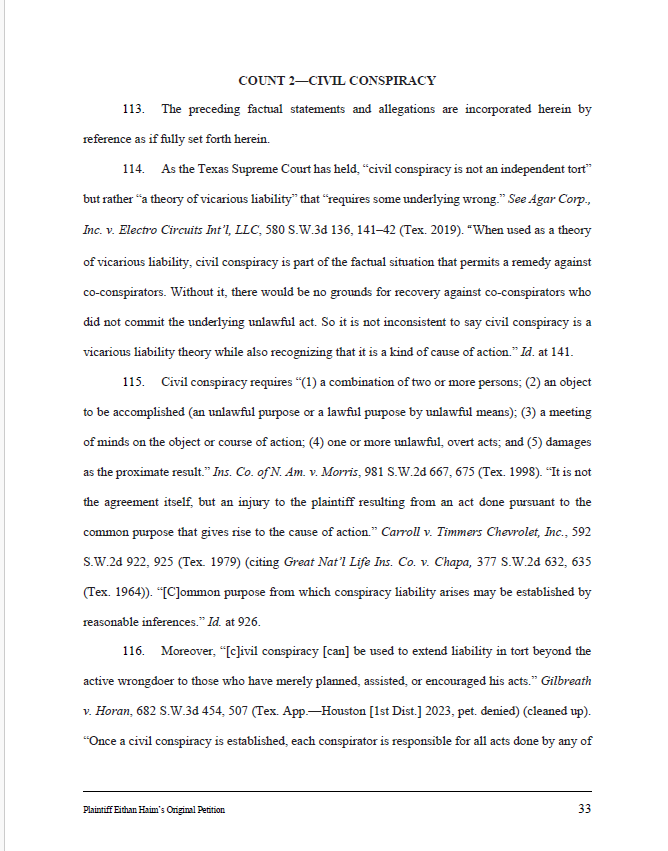🚨🚨🚨BREAKING: Federal district court enters first merits ruling on Alien Enemies Act habeas case. On question of class certification: Court punts on whether class cert. under Rule 23 is available & considers if All Writs Act provides analog, i.e. another way to do a class. 1/
2/ Court holds "yes," so treating it as a class action which allows ACLU to represent all terrorists Trump seeks to remove under Alien Enemies act whether they ask to challenge removal or not! 

3/ Note: This remains limited to the jurisdiction of the d.ct. though, so ACLU still seems to need to file "class actions" in all 94 districts...well it would need to if SCOTUS hadn't entered a stay in a non-case with non-plaintiffs already!
5/ Here is merit's opinion on habeas: Comments to follow. Big picture: This will expedite resolution of these issues as final decision on merits will get to Fifth Circuit & then SCOTUS. storage.courtlistener.com/recap/gov.usco…
6/ Here is the permanent injunction order. This is a "loss" for Trump, but it will allow this case to move forward and precedent to now be established from appellate courts. storage.courtlistener.com/recap/gov.usco…

7/ Court enjoins Trump Administration by finding Alien Enemies Act (AEA) does not provide basis for removal under circumstances stated in injunction. In footnote, court addresses some other issues too. 



8/ Court first considers whether it has jurisdiction to consider Trump's proclamation or whether it is barred by political question doctrine. Court holds it has jurisdiction to "construe" AEA's "terms" & whether Trump properly invoked statute. 

9/ Court explains that means he can interpret meaning of "invasion," "predatory incursion," and "foreign nation or government," 

12/ Court rejects ACLU's argument that ACLU can debate facts "on the ground"--that is political question per court. 



13/ Court does NOT reach issue of whether notice satisfies due process because it concludes removal under AEA is not proper. 

15/ Court first interprets meaning of "invasion" or "predatory incursion" and holds must be "organized, armed force entering US to engage in conduct destructive of property & human life in specific geographical area,"-need not be precursor to actual war. 



16/ Court doesn't address what "foreign nation or government" requires under statute because it can resolve case without deciding issue. 

17/ Court then considers whether "predatory invasion," after first noting it must take facts set forth by Trump as true. 

18/ Judge decides though that Proclamation fails to establish a predatory invasion because it doesn't speak of "organized" "armed" attacks. NOTE: It would seem Trump will update the Proclamation to address this supposed shortfall. 



19/ Court then rejects ACLU's argument that AEA can't trump CAT (Convention Against Torture), with Court holding it lacks jurisdiction to decide that issue. 

20/ Here is full opinion. storage.courtlistener.com/recap/gov.usco…
21/ Closing thoughts: Judge wrote measured opinion that IMNSHO is correct on many fronts, but fails to fully consider Trump's stated justification for it being an "incursion"--it is. BUT judge also gave Trump blueprint for what to say to satisfy AEA, given court can't 2nd guess.
22/22 Finally, while I thought this would quickly expedite resolution of AEA cases through appellate process, I doubt that now b/c Trump can revise Proclamation to ensure AEA applies & then all other issues still exist, such as if "government" & if Defendants are tDa members.
• • •
Missing some Tweet in this thread? You can try to
force a refresh







